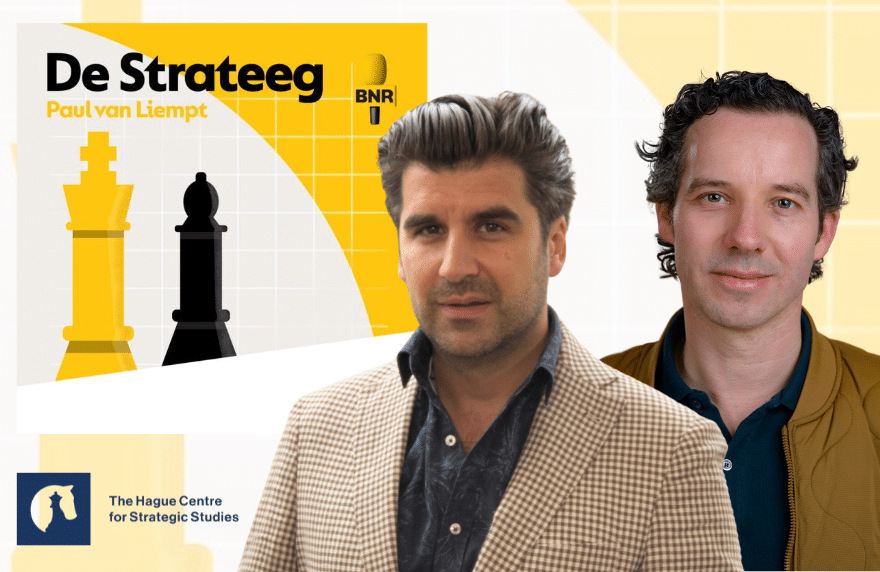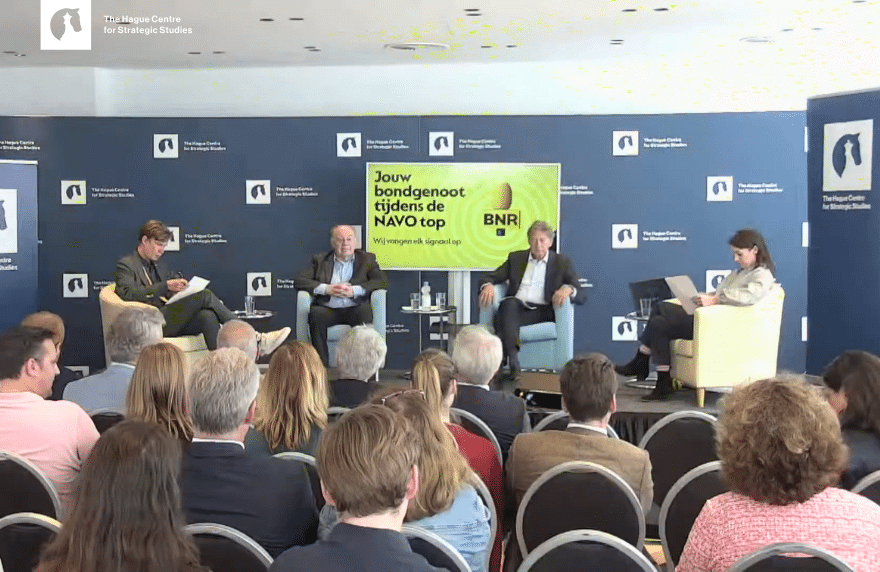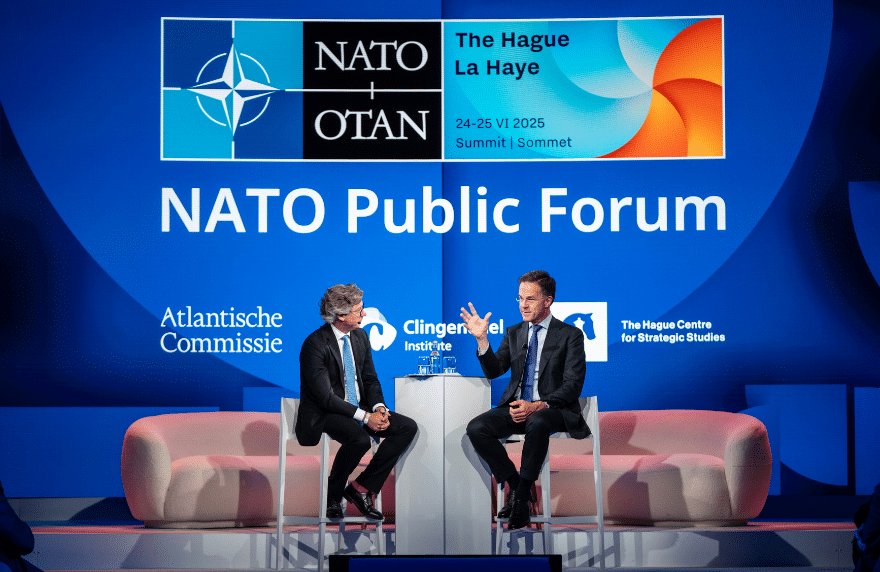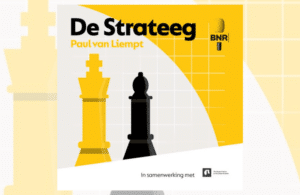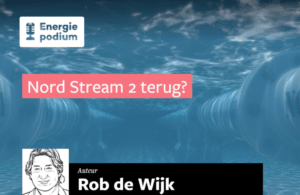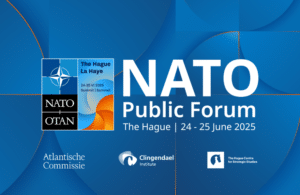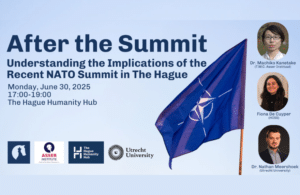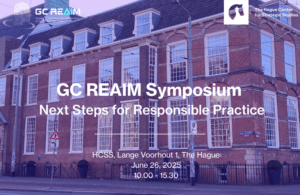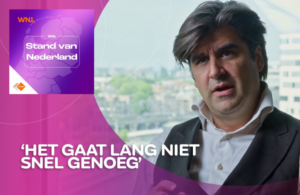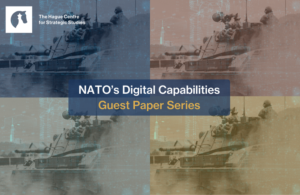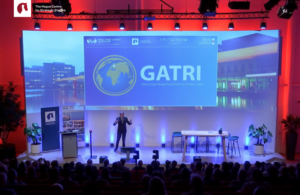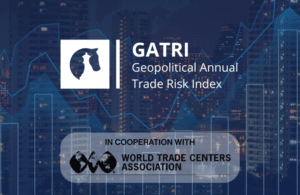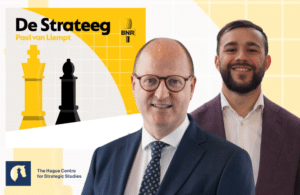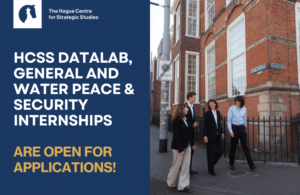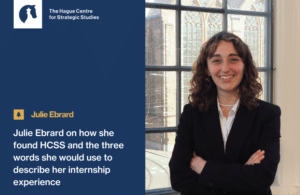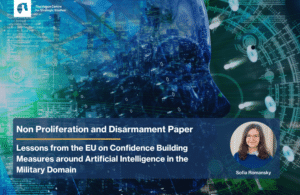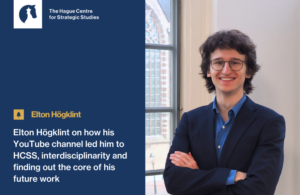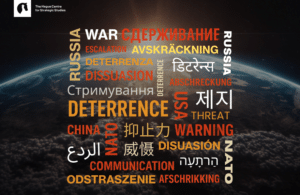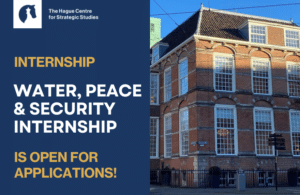De Strateeg: Vijf procent, en hoe nu verder?
De historische NAVO-top in Den Haag zit erop. Hebben we echt iets bereikt met die nieuwe norm van 5 procent, of heeft secretaris-generaal Mark Rutte president Donald 'Daddy' Trump te veel gepleased? Blijven de Verenigde Staten aan boord? En wat levert dat op de langere termijn op voor het bondgenootschap? Paul van Liempt praat erover met HCSS onderzoeksdirecteur Tim Sweijs en hoogleraar Martijn Kitzen, in BNR podcast De Strateeg.
Live vanuit HCSS: BNR’s De Alliantie blikt terug op de historische NAVO-top
De NAVO krijgt een nieuwe norm. Maar deze top stond toch vooral in het teken van de ‘bromance’ tussen president Trump en NAVO Secretaris-generaal Rutte. Wat gaan we eigenlijk doen met al dat geld en hoe ziet de toekomst van het NAVO-bondgenootschap eruit? Om die vragen te beantwoorden riep BNR de geopolitieke kopstukken Rob de Wijk, Bernard Hammelburg en Geert Jan Hahn onder deskundige leiding van Liesbeth Staats weer bij elkaar voor een speciale aflevering van De Alliantie – live mét publiek vanuit het Den Haag Centrum voor Strategische Studies (HCSS) aan het Haagse Lange Voorhout.
VRT NWS | Tim Sweijs blikt terug op NAVO-Top: “Rutte houdt de boel bij elkaar”
Europa mag deels tevreden zijn met hoe de NAVO-top in Den Haag verlopen is. Dat zegt HCSS onderzoeksdirecteur Tim Sweijs in De Ochtend op VRT NWS. "De grootste bezorgdheid de afgelopen maanden was dat het trans-Atlantisch bondgenootschap misschien wel zou scheuren. Dat is niet gebeurd", zegt hij. Sweijs, die zelf tijdens het NATO Public Forum in een panel sprak over “Future-Proofing the Alliance”, verwijst naar een slotverklaring die 'typisch Ruttiaans' is, waar alle bondgenoten zich in kunnen vinden.

